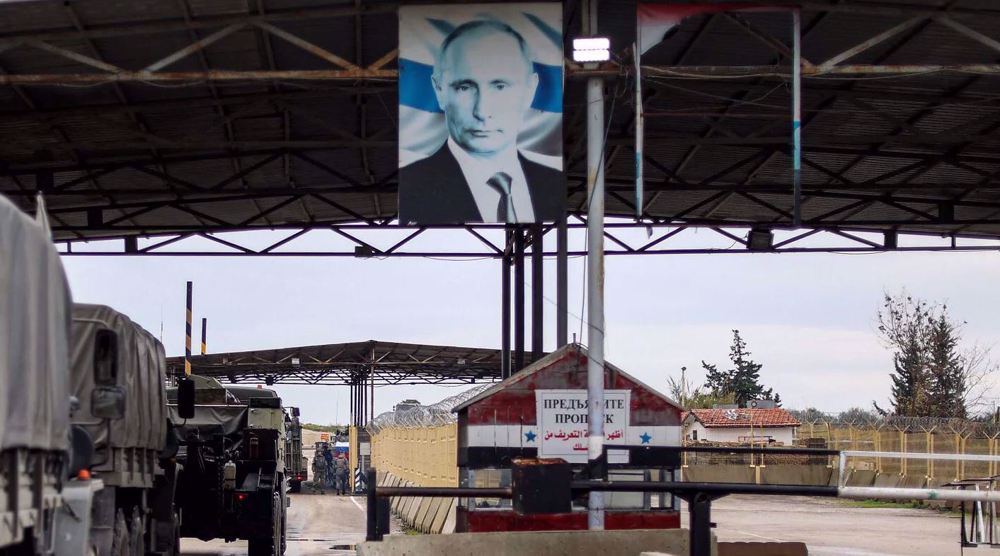Syria fights off massive Takfiri assault for 2nd day
Syrian troops are battling a fresh push by foreign-backed militants to break an army siege over the strategic city of Aleppo after repelling their initial offensive on Friday.
A mix of militants belonging to Saudi, Turkish and US-backed Takfiri groups launched what they called a "big battle" on Friday, setting off car bombs and launching grad rockets and shells that killed at least 21 civilians.
A British-based monitoring group, sympathetic to militants, said on Saturday fighting was continuing on the western outskirts of Aleppo, where the terrorists have allegedly been making advances.
Militants used a US-Russian ceasefire to break the siege in early August, opening up a new route into the city from the south, but government forces quickly closed it.
The current assault comes in the wake of a unilateral "humanitarian pause" declared by Syria and Russia in the city. Moscow said President Vladimir Putin has rejected a request for airstrikes to resume.
Kremlin spokesman Dmitry Peskov said Putin wanted humanitarian efforts to continue in northwest Aleppo and the US to separate the so-called "moderate" militants from other terrorists there.
“In case of extreme necessity to prevent provocative actions on the part of terrorist groups, the Russian side reserves the right to use all means at its disposal to provide an appropriate level of support to the Syrian armed forces,” Peskov said.
Russia also said its embassy in the Syrian capital, Damascus, had come under mortar shelling by “anti-government” militants, inflicting damage to the mission but causing no casualties.
Militant groups involved in the attack include Turkey-backed FSA and Ahrar al-Sham and Jaish al-Fatah, an alliance of terrorist factions actively supported by Saudi Arabia and Turkey.
The so-called Syrian Observatory for Human Right said the attack has been mostly launched by militants from outside the city against government forces that hold its western districts.
It said more than 1,500 militants from the provinces of Aleppo and Idlib to the west were attacking government-controlled districts of the city along a front stretching for 15 kilometers.

Israel threatens to attack city near Syria’s capital

UN rights official: Israeli occupation of Golan Heights destabilizes security

Israelis push for Russia to keep Syria bases, want Damascus 'weak, divided': Report
Iran president congratulates Muslim leaders on holy month of Ramadan
Hundreds of Israeli settlers storm Al-Aqsa Mosque compound: Report
Iran Parliament dismisses economy minister over economic mismanagement
Unprecedented: US rights group drags Biden, Blinken to ICC over Gaza genocide
Kremlin: Macron talks of contacting Putin, but no real steps taken
Hamas decries as ‘war crime’ Israeli suspension of humanitarian aid to Gaza
Israeli cabinet allows military to call up 400,000 reservists
Iran as hub of technical and engineering services











 This makes it easy to access the Press TV website
This makes it easy to access the Press TV website